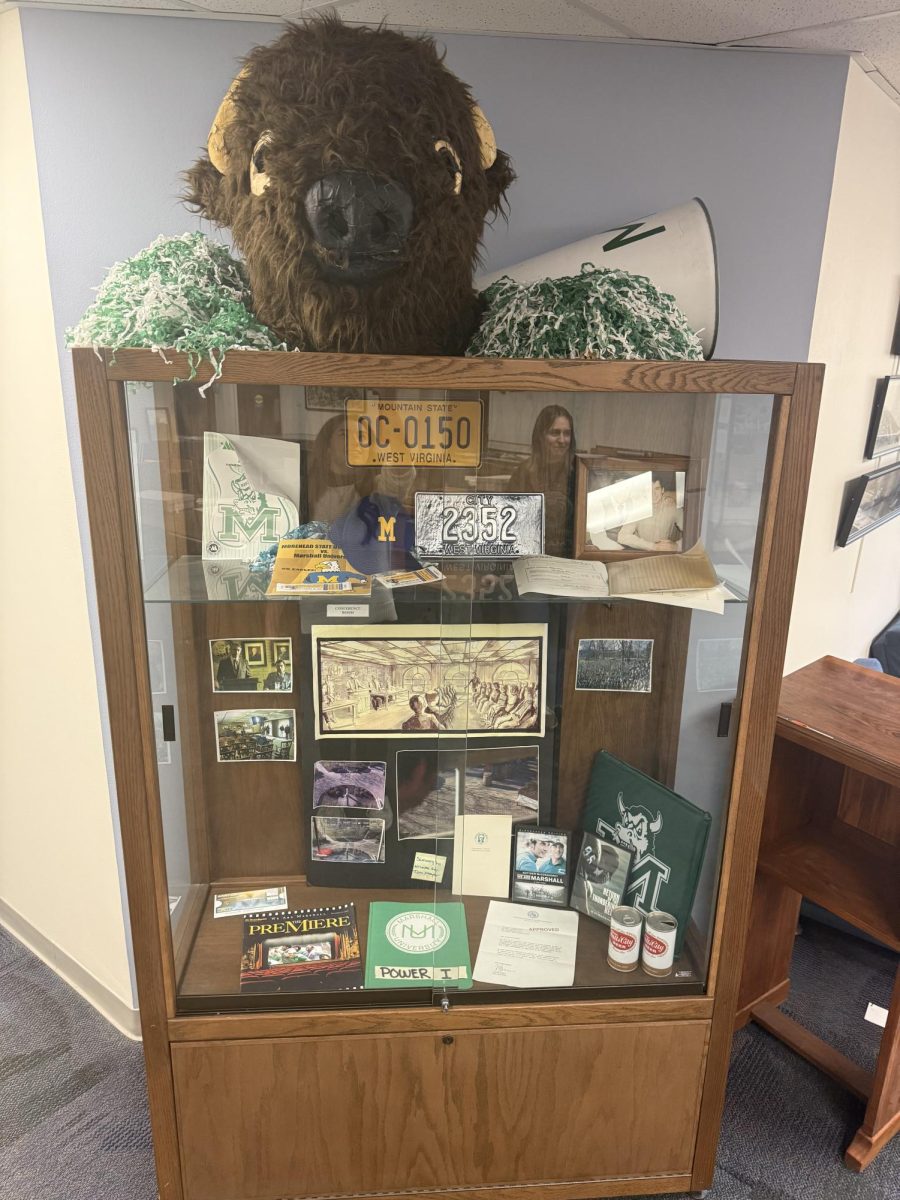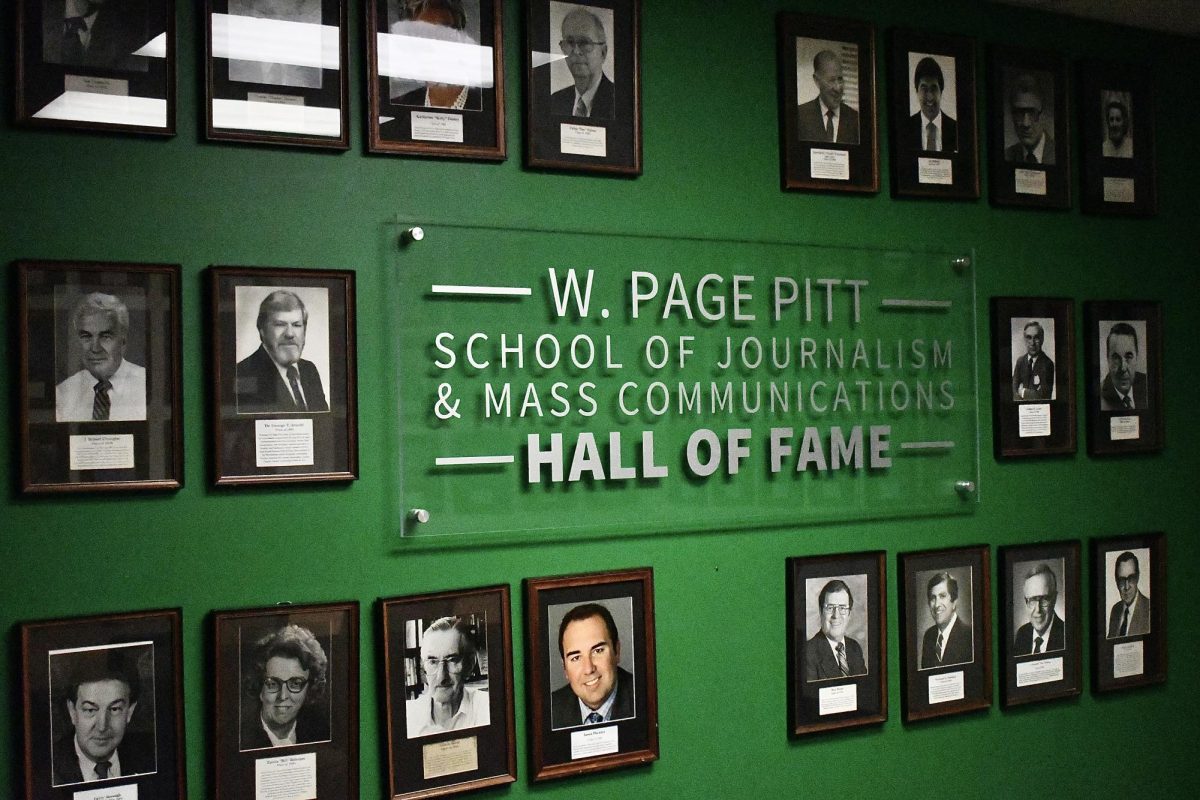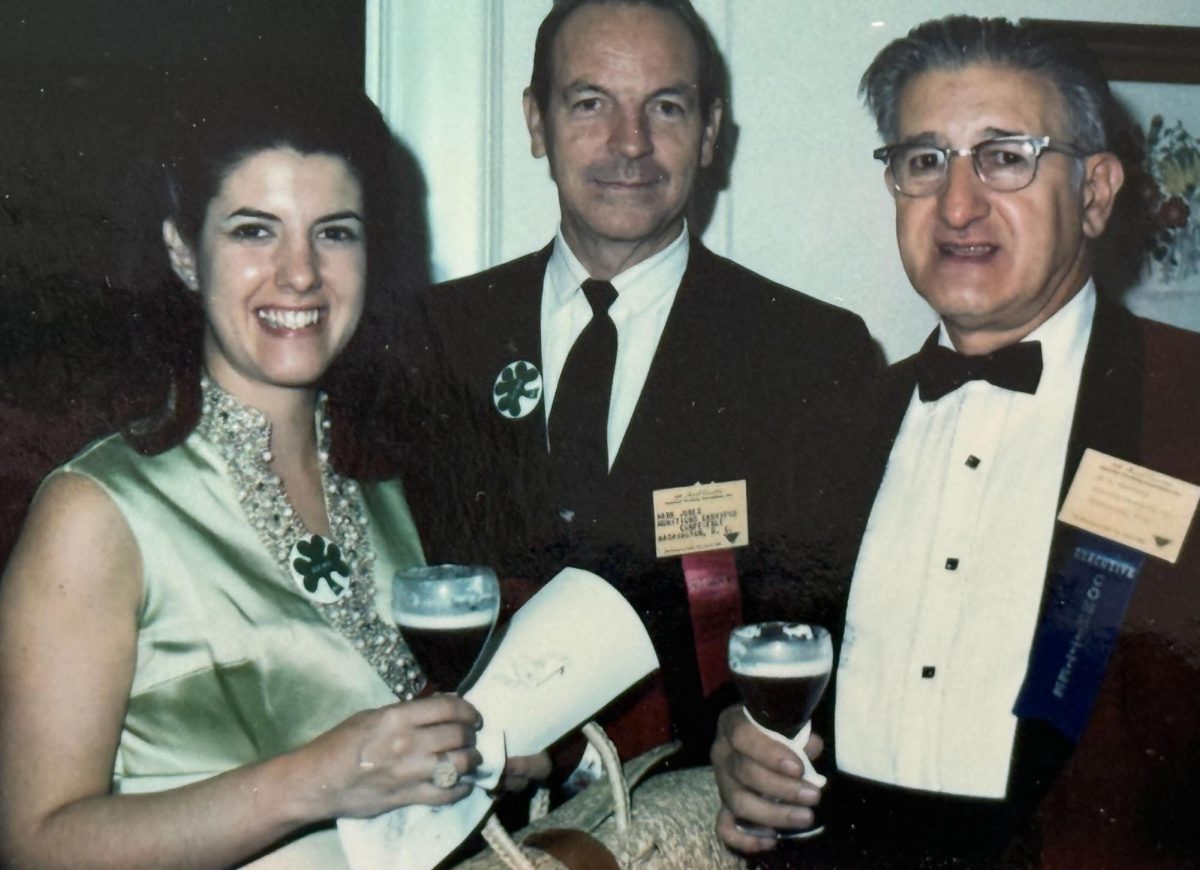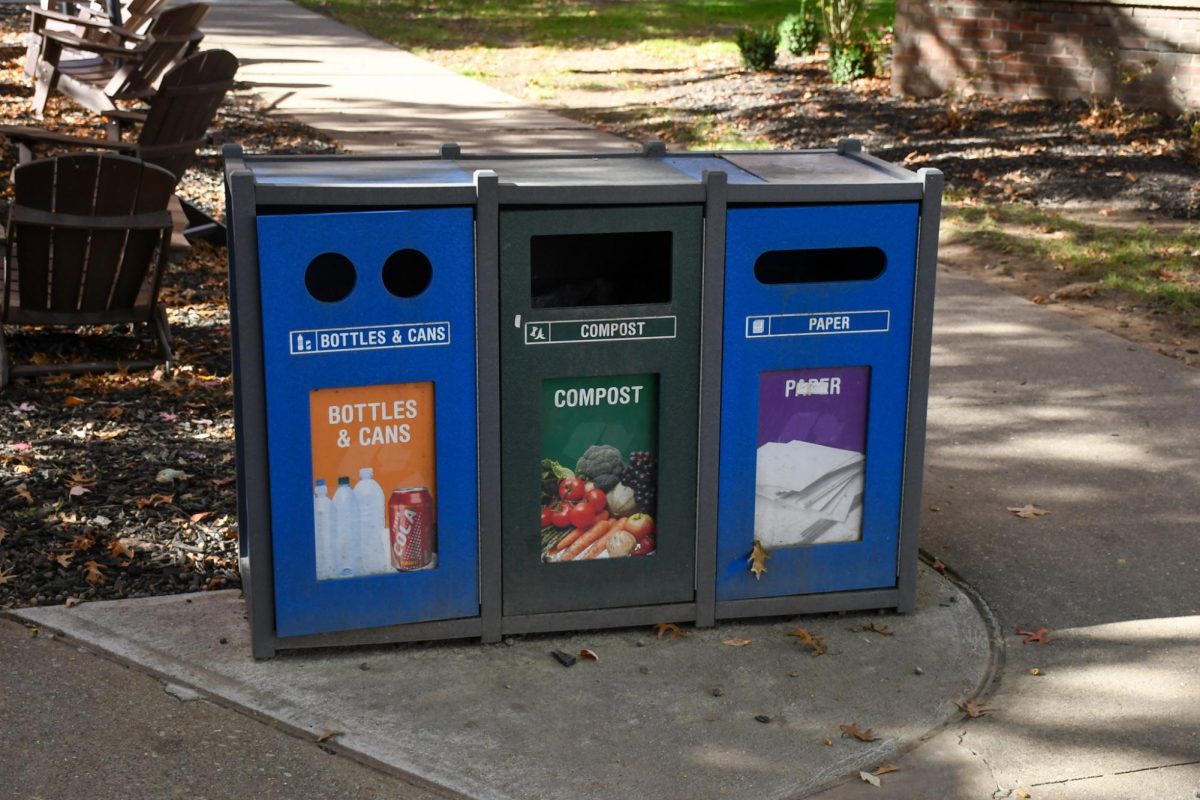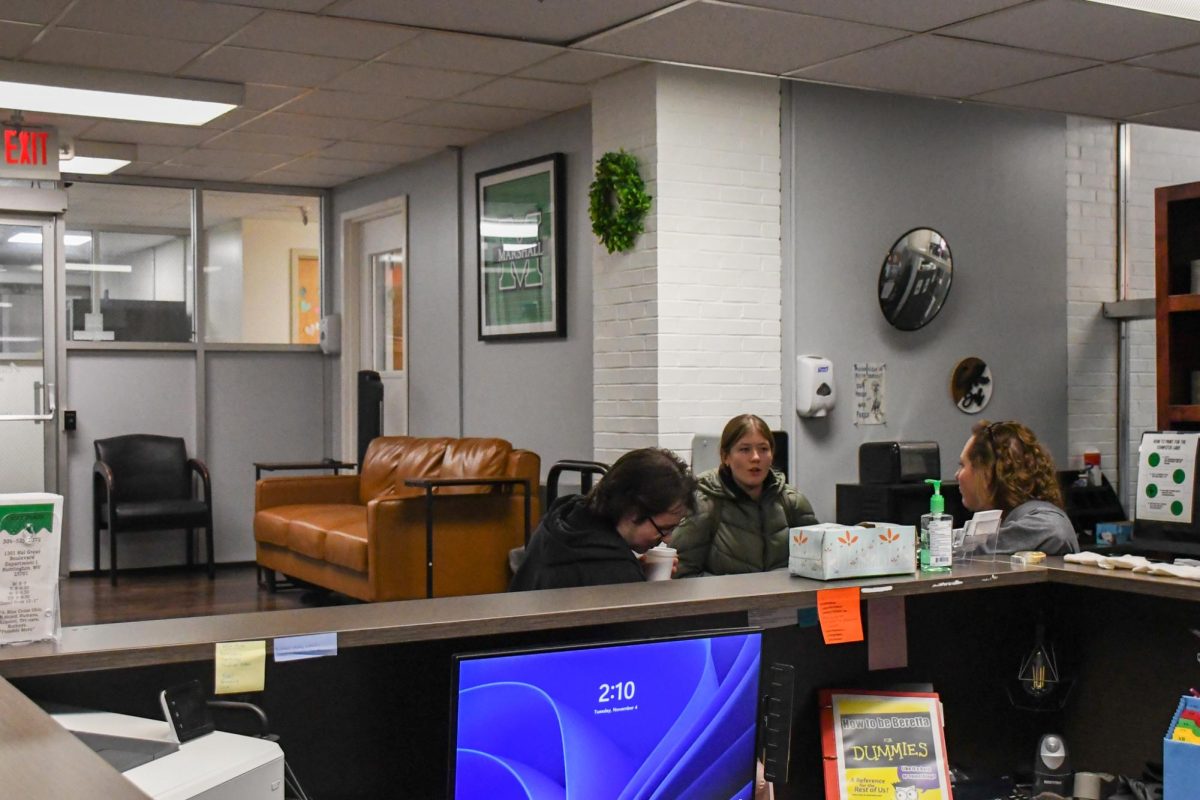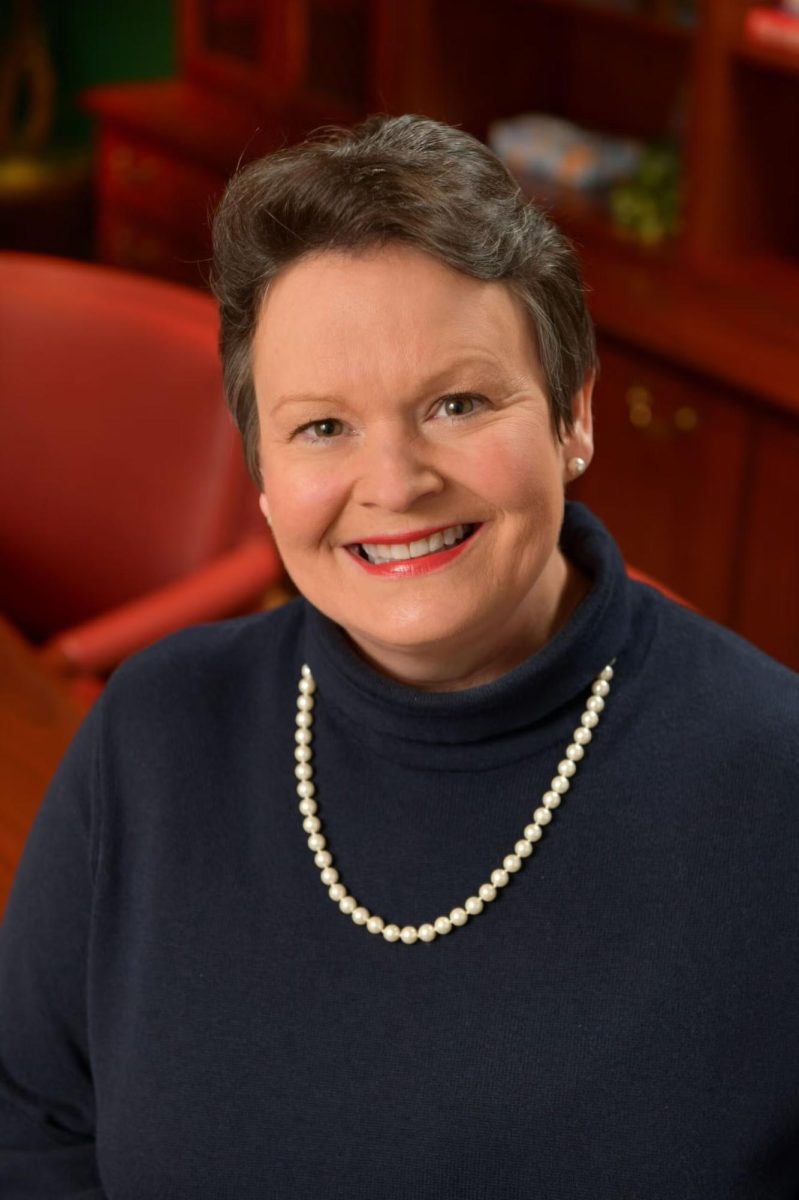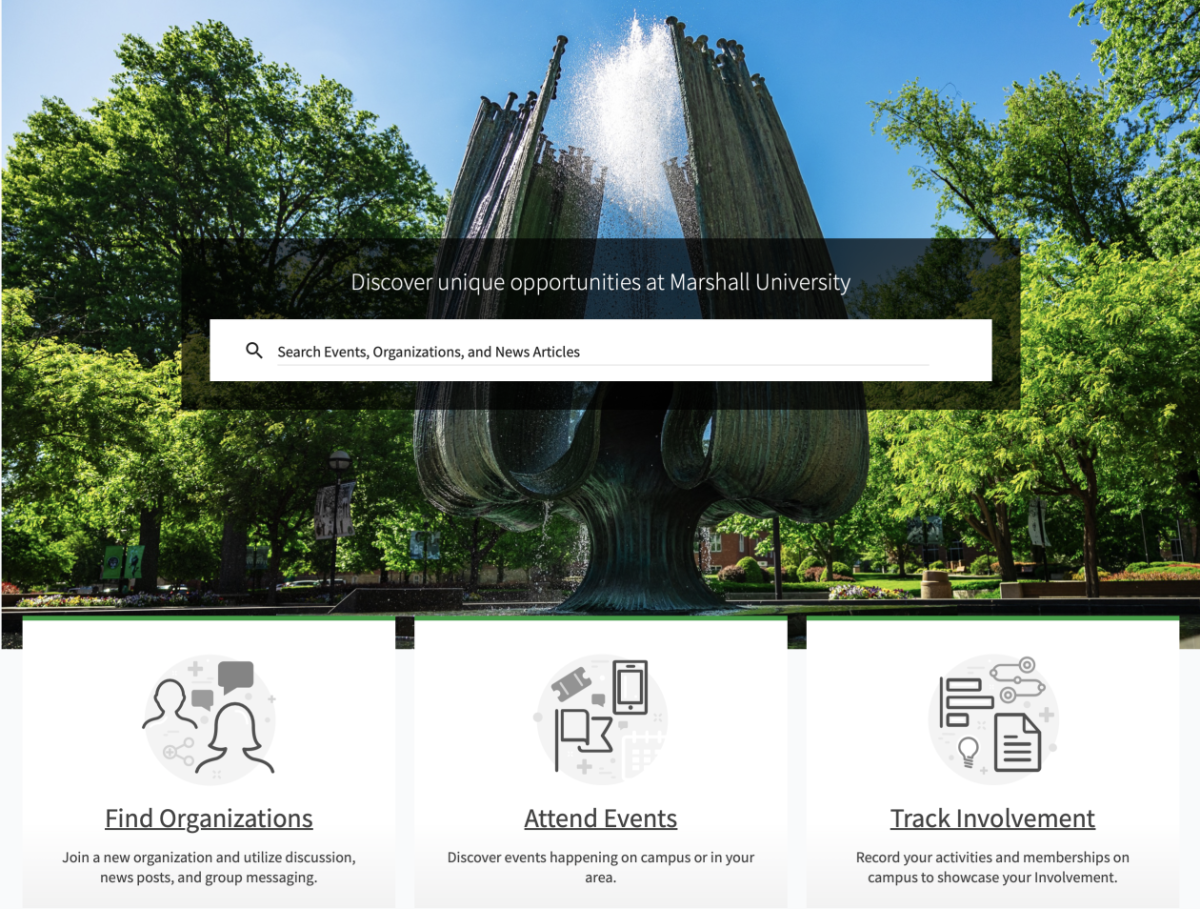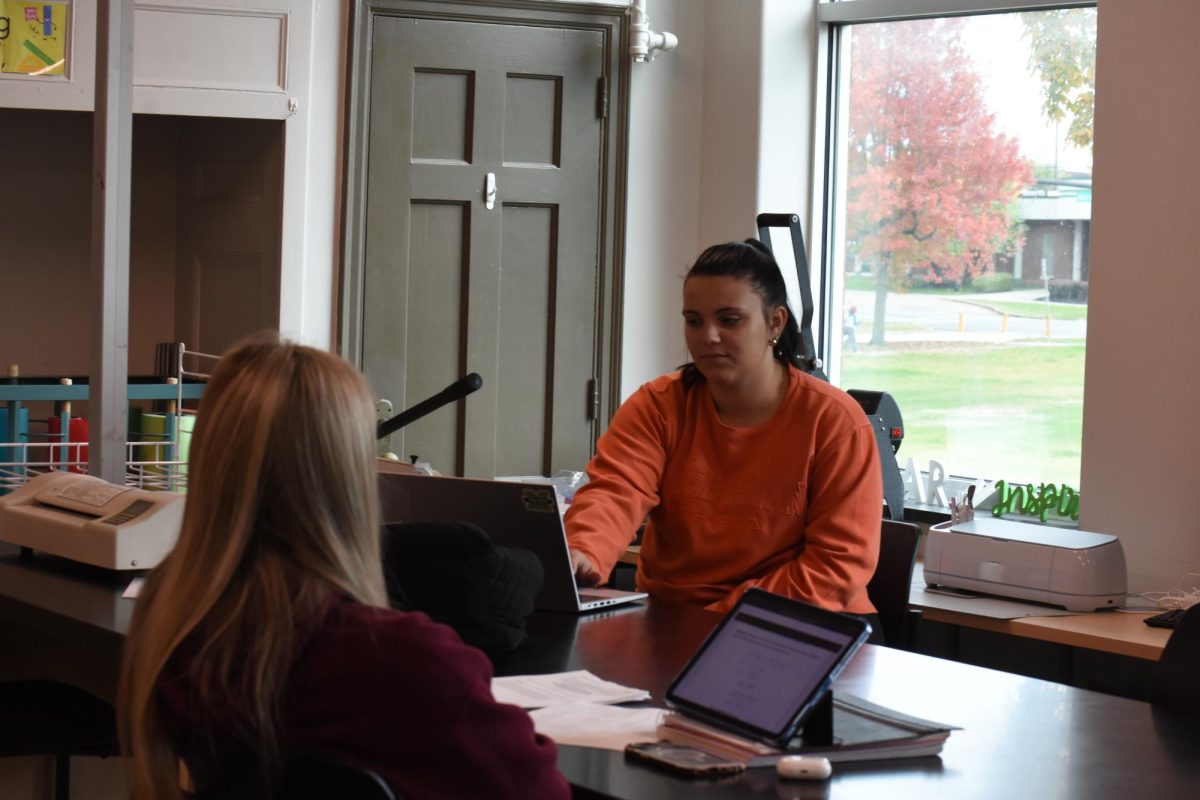College students, especially those who are financially unstable, can fall victim to human and labor trafficking. With January being National Human Trafficking Prevention Month, the Marshall University Title IX Office aims to educate students and faculty on how they can avoid and address unsafe situations.
Title IX graduate student Lauren Heil highlighted that both sex and labor trafficking are prevalent among college students.
“College students, especially, more are victims of labor trafficking because a lot of college students struggle with money and financial issues,” Heil said.
Heil said that students who skip class often, have multiple cell phones or have a controlling significant other may be victims of human trafficking.
“For all faculty and staff, definitely look out for students who may have traveled from state to state recently, spend a lot of time on their phone or being nervous about not skipping class,” Heil said.
Heil said she believes it is important for faculty to establish healthy relationships with students and checking in with students is essential in bringing light to an unsafe situation.
Human trafficking via the internet is becoming more prominent through popular social media platforms like Snapchat. Heil urges students to be vigilant and not talk to random people online.
“Online is one thing that is definitely becoming more prominent for traffickers to use,” she said. “In recent years, it has become a lot more common for traffickers to use social media platforms than in-person methods.”
The Title XI Office hosted a human trafficking awareness presentation to further educate students and faculty about this societal issue.
U.S. attorney William S. Thomas and former Gibson Dunn associate attorney Jennifer Rada Herrald presented valuable insight into the commonalities, misconceptions and horrors of human trafficking.
“Sex trafficking is going to be much more localized in West Virginia, and that’s a big misconception that I really try to convey to people,” Herrald said. “Human trafficking is simply compelling another person to provide labor services for commercial sex.”
One common misconception, she said, is human trafficking always involves travel. In reality, it can occur within city limits and may not extend much further.
She reminded students that traffickers may use kindness to manipulate their victims, and victims may enter into the trafficking life willingly.
“Traffickers actually, in many circumstances, are viewed as a boyfriend or a caregiver,” Herrald said.
If individuals suspect that someone they know is being trafficked or in an abusive situation, Herrald said to listen to how they speak and remain neutral, avoiding loaded terminology
“Ask open-ended questions to the extent that you are asking them information to confirm what’s going on,” she said.
Title IX Coordinator Jessica Rhodes encourages students to contact the office if they experience or witness any form of sexual harassment including potential cases of human trafficking, so the appropriate support and resources can be provided.
Holly Belmont can be contacted at belmont9@marshall.edu.



